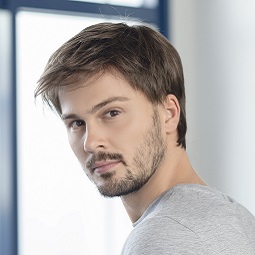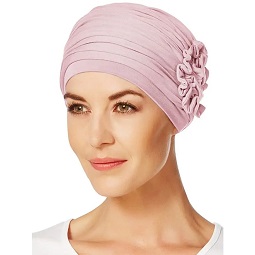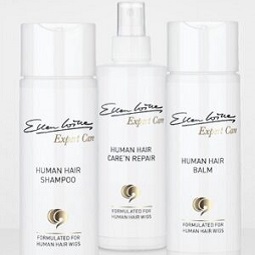What causes hair thinning?
Hair thinning is a blanket term for a range of conditions causing widespread (diffuse) hair loss. These include:
- telegen effluvium (widely spread-out shedding of hair)
- genetic thinning, the cause of male pattern balding (on the crown and temples) and female pattern balding (general thinning)
- trichotillomania (compulsive hair pulling)
- alopecia areata (hair loss in patches)
- lupus (hair thinning followed by balding is common).
We help many clients with hair thinning
Our hair pieces can make hair thinning invisible, as these pictures of our clients show. (Even in the case of severe hair loss where thinning has developed into a “male” balding pattern as shown on the right hand side photos).
Before and after hair integration

Women experiencing genetic hair thinning often believe “I’ll have to wear a wig”, which is not necessarily the case. We have designed an infill that integrates with your existing hair. Women love the freedom of not having to wear a wig, and are no longer embarrassed by the appearance of thinning hair.
This is a totally non-surgical process of regaining hair.
The hair integration pieces are custom designed with human hair, and are easily maintained so you can keep your lifestyle. Our hair pieces are expertly made, lightweight and incredibly comfortable to wear, blending beautifully with existing hair. They give that added volume where it’s needed, and the infills can be coloured to personal taste, and styled as usual at home. (“Before” and “After” photos show two young women with hair thinning and how our hair infills perfectly integrate with their existing hair.)

How common is hair thinning?
Many people have telegen effluvium at some stage in their life, usually at a stressful time.
- Genetic thinning (technically called androgenetic alopecia) is believed to affect 50% of men, and almost as many women over 40, especially post-menopause.
- Trichotillomania may affect up to 4% of people and results in either general or localised hair thinning. It can be quite debilitating. Often clients with trichotillomania have felt withdrawn and unwilling to leave home.
- Alopecia areata is a rare auto-immune response believed to affect about 2% of people.
Can stress make hair fall out?
Telogen effluvium is often a reaction to stress so bad it affects body functions and hormones. Incidence of male pattern baldness and female pattern baldness is also increasing, and it is believed stress may affect hormones linked with hair growth. Trichotillamania is distressing condition, but is thought to be a neurological condition. The cause of Alopecia areata is unknown, but there is a genetic link is shown for about 20% of sufferers.
Will my hair grow back?
Telogen effluvium often improves with time. There is no one cure for trichotillomania, but there is a range of treatment options. If these are successful, hair usually grows back. Alopecia areata also has a good recovery rate, depending on how widespread the balding is.
Should I wear a wig or hair piece for my thinning hair?
Yes, if your self image is being affected by hair thinning. Also, consider whether your hair loss may worsen or persist.
Am I entitled to a medical grant?
You may be, depending on your condition, and how long-term your hair loss is likely to be. Your GP or dermatologist will be able inform you. Genetic hair thinning is not regarded as a medical condition, and therefore is not covered by medical grants.












